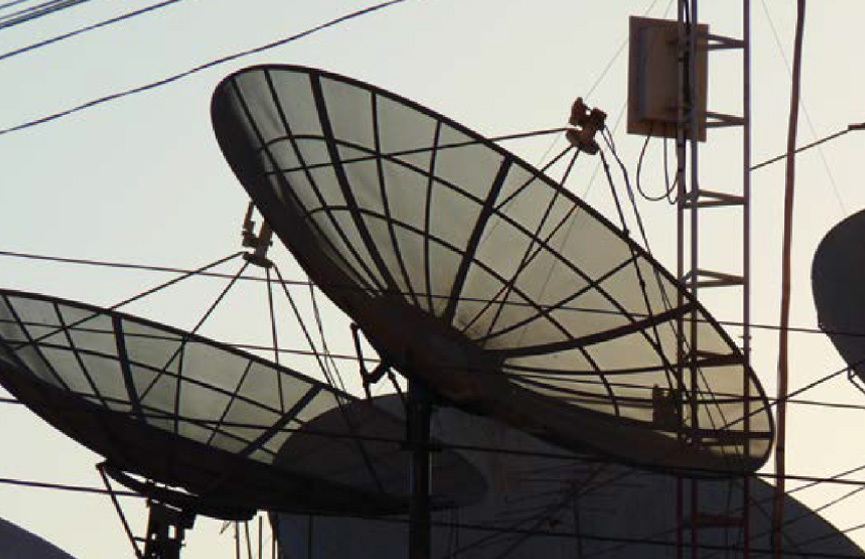Writing in 2017, a young British infantry officer reflected on his experience during field training when he drew valuable lessons on Mission Command. During the Russian invasion leading to the annexation of Crimea in 2014, a Ukrainian mechanised column of over 100 vehicles had been destroyed by rocket fire within three minutes. It was suspected that the Russians had signals intelligence to target the column. Because of such a potential threat, his unit had observed radio silence in their field training.

Radio communications can be intercepted and exploited by adversaries.
The officer lamented that while his unit performed well in the first iteration of the scenario, the forces tasked with conducting an anti-armour ambush had engaged a lone vehicle prematurely, leaving the larger armoured column that came later untouched. He realised that “radios had made me lazy in my briefing because I knew I could control it well during the action.” His operations orders had lacked key pieces of information which his unit, with radio silence, needed to make informed decisions.
Adapting from the first exercise, he set about improving his orders. This time, he made his intent clear and specified contingency plans to guide subordinate actions when they did not get orders. He observed that his junior commanders took more initiative and made sound decisions even though they did not have central direction during the mission. He concluded that his subordinates were in fact “incredibly intelligent, capable soldiers who, when empowered (and) given a clear intent and detailed set of constraints, can be released on task and will carry it out to a high standard without further direction.”
The experience of this officer in an imposed radio silence clearly benefited him, and he leaves us with an interesting question the next time we as leaders reach out to our teammates: “Am I asking questions because I need to or because I can?”
Reflection — Does the SAF's conduct of peacetime operations, peacetime administration, and wargaming/exercises support Mission Command and radio silence?